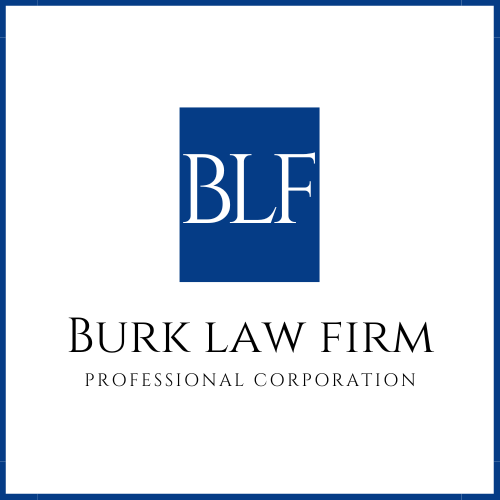A corporation is a legal entity that exists separately from its owners (called shareholders). This separation means the corporation itself—not its owners—is legally responsible for debts, obligations, and contracts. Shareholders generally enjoy limited liability, protecting their personal assets from business risks.
Corporations can raise capital by issuing stock, attract investors, and often carry more credibility with banks, suppliers, and clients. However, they also face more regulatory requirements than other business structures like LLCs or sole proprietorships.
Key Features of a Corporation:
Separate legal entity – Can sue, be sued, own property, and enter into contracts.
Limited liability – Protects shareholders’ personal assets.
Perpetual existence – Continues regardless of changes in ownership.
Structured governance – Managed by a board of directors and officers.
Taxation – May face “double taxation” (corporate and shareholder level) unless electing S-corp status.
How to Form a Corporation
Forming a corporation involves several steps, which vary by state but generally follow this process:
Choose a Corporate Name
Must comply with state rules and be distinguishable from other businesses.
Often must include “Corporation,” “Incorporated,” or an abbreviation (e.g., Inc., Corp.).
File Articles of Incorporation
Submitted to the Secretary of State or similar authority.
Includes basic details: name, purpose, registered agent, stock structure.
Appoint a Registered Agent
A designated individual or company authorized to receive legal and official documents on behalf of the corporation.
Draft Corporate Bylaws
Internal rules governing how the corporation is run, including director elections, shareholder meetings, and officer responsibilities.
Appoint Directors and Hold an Initial Board Meeting
Directors oversee major decisions; officers (CEO, CFO, etc.) manage daily operations.
At the first meeting, directors adopt bylaws, authorize stock issuance, and set fiscal policies.
Issue Stock
Shares of ownership are distributed to initial shareholders.
Obtain Required Licenses and Permits
Depending on industry and location, business licenses or permits may be required.
Maintain Compliance
Corporations must file annual reports, hold regular shareholder/board meetings, and keep corporate records to preserve limited liability protections.
Why Work With a Business Attorney?
While it’s possible to file incorporation documents without legal guidance, mistakes can be costly. An attorney can help with:
Selecting the right corporate structure (C-corp vs. S-corp).
Drafting precise bylaws and shareholder agreements.
Structuring equity and financing.
Ensuring compliance with state and federal regulations.
At Burk Law Firm, P.C., we guide clients through every step of forming and operating a corporation, ensuring the structure supports both immediate goals and long-term growth.

